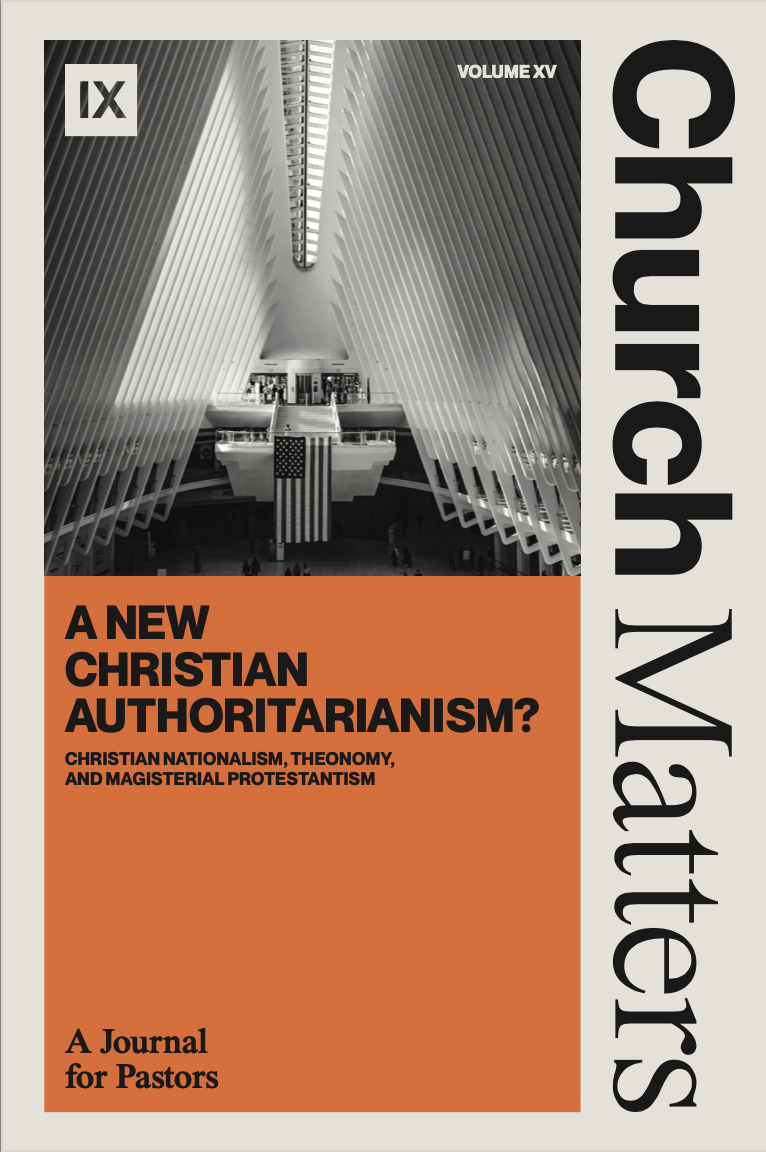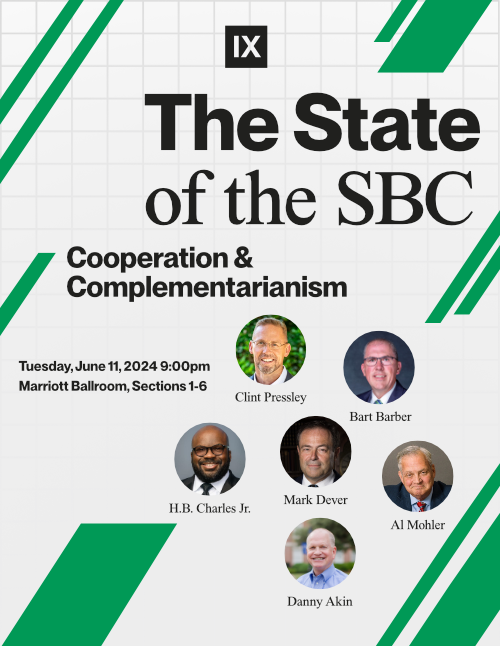International Pastors on Culture War—Why or Why Not?
9Marks asked several pastors outside of the U.S. to answer this question: in your context, do you think of yourself as a culture warrior? Why or why not?
Here are their answers.
JOSH MANLEY – RAK Evangelical Church, Ras Al Khima, UAE
As the pastor of an international English-speaking church in the United Arab Emirates, I do not consider myself a culture warrior. For the Christian pastor, to war either for or against certain cultural values would be to aim too low. My role is not to seek to change the culture but to faithfully proclaim and apply the Word, which will always confront the idols of the culture.
Even though I do not identify as a culture warrior, I am conversant with, deeply concerned for, and aware that the gospel will demand that I come in conflict with the culture. While cultures take different forms in this fallen age, the church will always be situated in cultures that oppose the gospel.
But cultures are not changed by legislation or decrees, but by hearts transformed from worshipping and serving the creature rather than the Creator (Rom. 1:25). We are at war. The apostle Paul makes clear we are “to put on the whole armor of God” because we “wrestle not against flesh and blood, but against the rulers, against the authorities, against the cosmic powers over this present darkness, against the spiritual forces of evil in the heavenly places” (Eph. 6:11–12). To win this war, we fight not with the weapons of this world, but in the power of the Spirit.
As a pastor, my call to shepherd the flock of God (1 Pet. 5:2) inevitably means I will be called at times to shepherd those the Lord has entrusted to my care into conflict with the culture. Equipping my members to engage in this battle comes through proclamation of the Word, prayer, and faithful counsel. The weapons with which they engage, and their aim and posture in how they engage, matter deeply. Nevertheless, our mission is to bear witness to and make disciples of the risen Christ wherever the Lord has placed us. And that will ultimately have the greatest, most-lasting effect on all cultures.
SAM MASTERS – Iglesia Crecer, Cordoba Argentina
As pastor of a church in Argentina, my first rule of thumb in dealing with social issues is to remember where we are. In a time when social media connects our people to events around the world, there is a danger we will misapply the maxim to think globally and act locally. Social media drives the debate.
The problem for us is that American voices tend to drown out the rest of the world in our reformed subculture. We deal with many of the same issues of a sinful culture in Argentina as in the United States. However, the cultural maps and historical timelines are not identical. It might be a mistake for us to go to DEFCON 1 just because a pastor in the US has.
We find the best thing we can do is continue to preach the gospel, apply scriptural principles in our congregational life, and remember we are called to be salt and light in this specific culture in this particular time and place.
BENNY – Church, East Asia
I am not sure if I understand “culture warrior” the same as you. In China where I live, citizens do not have religious freedom or the right to speak. The authorities strictly enforce a single ideology, so it is very hard—even risky—for Christians to bring Christian values into public dialogue.
From this perspective, I hardly can consider myself a culture warrior. However, the Christian faith is a holistic worldview. Every culture should be reformed according to the biblical culture (Rom. 12:1–2). From that perspective, every Christian should be a culture warrior in his or her cultural setting, including me as a local Chinese pastor.
I try to help my congregation stay sober in our current cultural chaos. I won’t publicly post my interpretation of culture or defend Christian culture on social media. But I constantly write pastoral letters through email to my congregation.
Every Tuesday morning, I study a popular topic, a public issue, or a confusing Chinese tradition and try to reinterpret it with a biblical worldview (inspired by Al Mohler’s podcast, The Briefing). My prayer is that the weekly culture dialogues would complement the weekly sermons and equip my church to live out a biblical culture in their communities.
JOHNNY LITHEL – Parkway Church, Gothenburg Sweden
The term “culture warrior” suggests disagreement between groups with different social and cultural beliefs. But I pastor in Sweden, which means that my truly evangelical church is part of a minority that is so small it could hardly be considered a group of any significance. Almost nobody in the world’s most secular, individualistic, and feministic society knows what a conservative evangelical is, let alone cares about what we think. In this sense, I could hardly consider myself a culture warrior.
However, I see two lines on the horizon. The first is a slight tendency toward a resurgence in conservative thinking in our culture, which draws from the biblical corpus. If recent decades in Sweden could be characterized as neo-romantic, with individuals’ emotions providing the standard of truth, we may now be experiencing the first breeze of a neo-renaissance, with traditional values sometimes re-emerging. As one anecdote, I recently explained complementarity to a soccer dad. To my surprise, I was not immediately dismissed as an oppressor. It’s still just a line on the horizon, but nonetheless encouraging.
The other tendency is less encouraging. The overwhelming majority of so-called evangelicals in our country refuse to speak out on issues such as abortion or same-sex marriage. They’re also untroubled by a modalist view of the Trinity. These same “evangelicals” would treat with utter contempt someone—like me!—who believes that God has given men and women different roles in the church. As our tiny church-planting movement gains momentum—by God’s grace—those who will spend the most time trying to cut us down will think they’ll be offering service to God.











